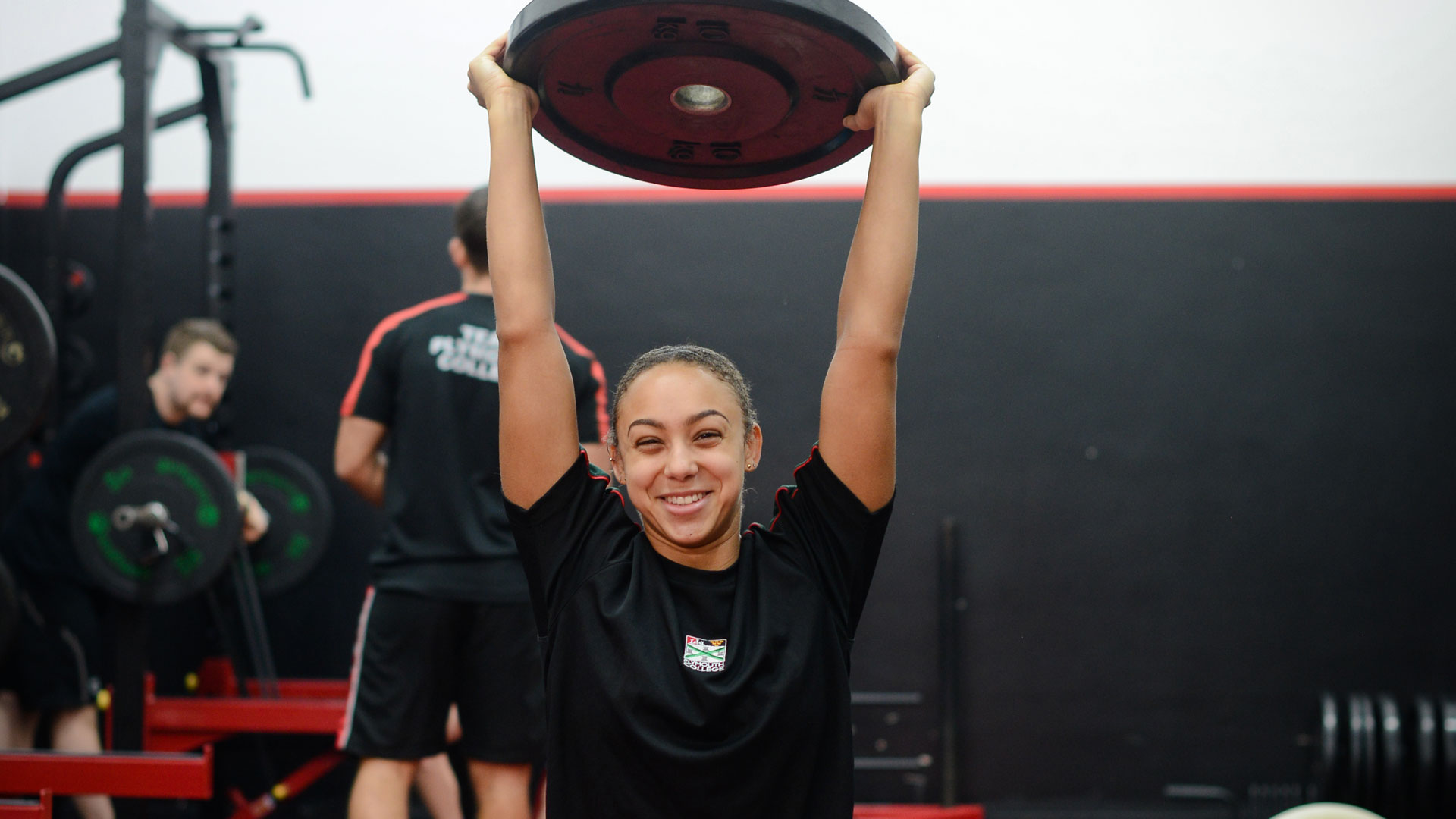
Strength & Conditioning (S&C) is a branch of sports science which aims to improve
athleticism and reduce injury risk. The S&C programme at Plymouth College is led
by our Head of S&C. The primary goal of the S&C at Plymouth College is ensuring that all pupils and high-performance athletes engaged in the programme are gradually equipped with the necessary knowledge, movement skills and physical capacities to maximise their own individual athletic potential no matter what level that may be at.
S&C is about much more than simply lifting weights. We use a range of training methods including calisthenics, simple gymnastics, traditional free weight exercises, Olympic weightlifting, plyometrics, speed, agility and cardiovascular conditioning to achieve the goals most relevant to each athlete’s training age, maturation status, sport, and level of performance at a given time.
The S&C team at Plymouth College adopt a movement first approach to training. Athletes will be first challenged to demonstrate / develop the mobility, coordination and a foundational level of strength to master fundamental movement patterns such as squat, lunge, hinge, push, pull, brace & rotate (as well as any other patterns more specific to their chosen sport) before any advanced training methods are deployed. More advanced training involves detailed and specific profiling of athletes via
physical testing, complex and detailed planning of training goals and training loads around a specific annual plan and needs analysis of both the sport, athlete’s individual strengths & weaknesses and their own annual training / competition plan. If appropriate more advanced and intensive methods of training may then be programmed as part of training in order to achieve the specific adaptations targeted. The modern, open-planned and well-equipped S&C gym is the main site for athlete’s training at the college. However, some sessions may also take place in the sports hall, on the astrotruf pitch or a sports field in the case of developing speed and agility with the team sport athletes. Athletes will complete regular physical testing and screening in order to identify work on areas and evaluate progress. Tests involved will vary based on the age of the individual, injury status and their primary sport(s) but will typically include jump testing, strength and power testing, as well as specific muscular endurance & mobility screening as and when relevant to each individual athlete.

Our programme is one of the few in the country that can boast a comprehensive day-to-day sports science support package for the athletes in our care.
With a fully qualified medical team on-site in our Health Centre (plus, exemplary and formalised links with a physiotherapist), ensures pupils are cared for via the College’s highly recommended Health Insurance scheme. The medical team regularly communicate with the full coaching team to notify of any injuries/illness to an athlete. Our multifaceted team will then discuss how to manage the condition by reducing the training load or varying the style of training.
If an athlete is unable to perform their pool-based sessions for a period of time, then the strength and conditioning team will amend training in the cardiovascular suite or S&C gym to maintain performance levels. The communication between all sports science, coaching, teaching and boarding staff is exemplary and is key to the understanding and development of our athletes at Plymouth College.
Access to a registered, experienced sports psychologist is available to all athletes within our school community, either as part of a block of group sessions or on a one to one basis. These sessions are designed to help with managing stress, setting goals and other important psychological concepts.